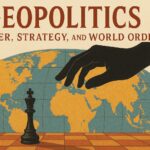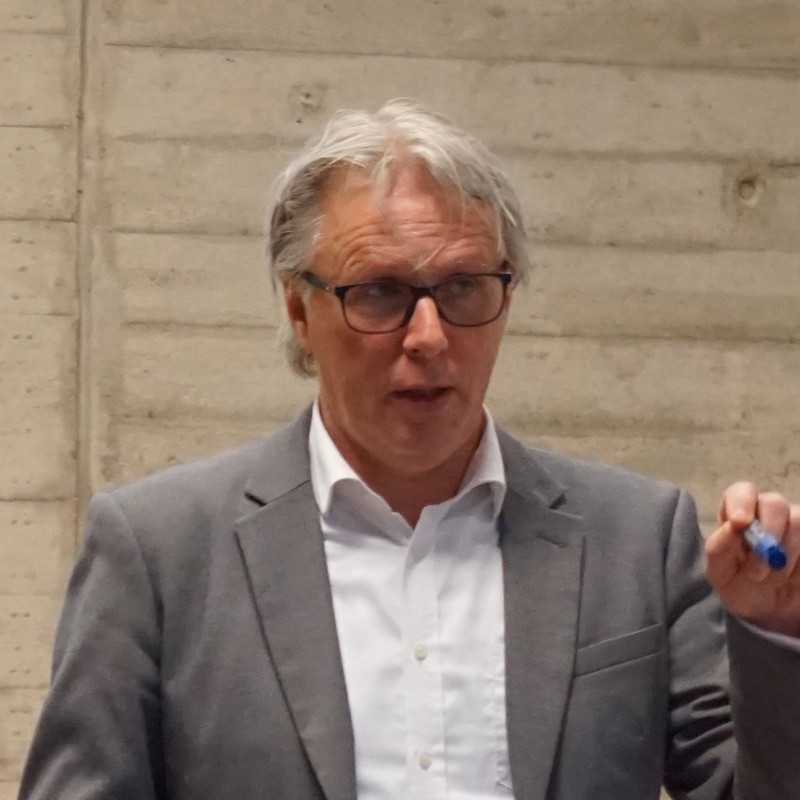Course outline
Literature
Credits
You will receive an official Certificate of Attendance upon completion of your course. Please inform the organizing staff if you require any extra supplements, such as Transcript of Records. The student is eligible to receive up to 5 ECTS credits, however please follow the instructions here and consult the acknowledgment process with your university in advance.
Assessments
- attendance in class 15%
- team assignment 40%
- individual assignment 35%
- exam 10% (optional, if required by home University)
Course time total 125 hours
- Course runs 2 weeks Monday to Friday 9:00-14:00
- Total time of in-class work = 50hours
- Preliminary assignment = 10hours
- Preparation = 65hours
Price
Course fee includes the course itself, application fee, study materials, afternoon/evening social activities and events, welcome and goodbye drink as part of the graduation party. Other expenses, such as meals, accommodation, insurance, personal expenses, public transportation ticket, extra activities (such as trips outside of town over the weekend and entrance fees), and required equipment (i.e. pencils, paper for illustrations) are not included in the price.
Please note, after the 30th of April 2025 there will be a late enrollment fee charged in the amount of 100EUR on top of the course fee.
Terms and Conditions - Cancellation fees
Costs of living in Prague
Accommodation
For accommodation options, please visit the dedicated page
*Program/Course Outline is subject to change.






